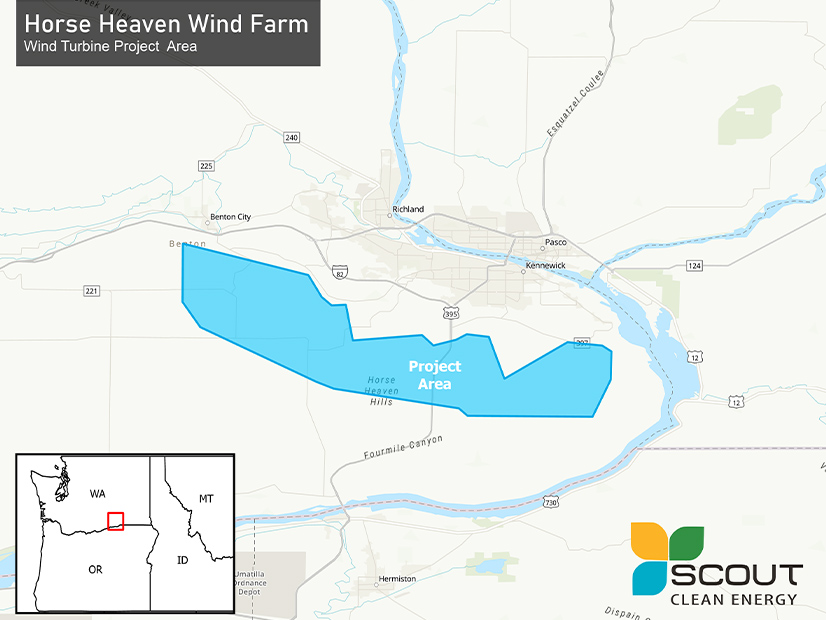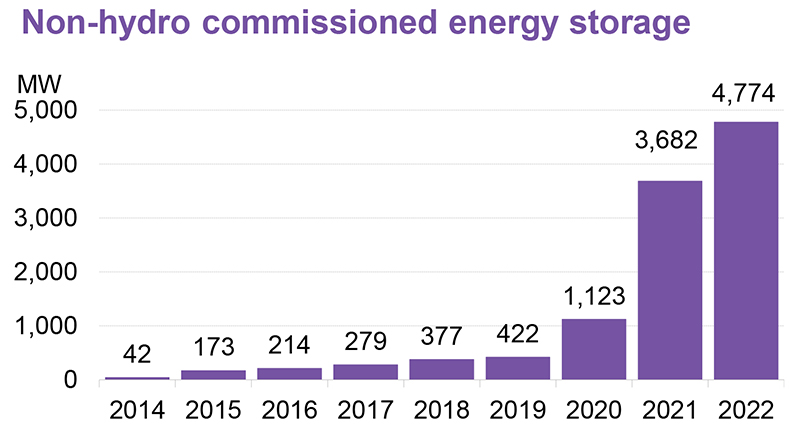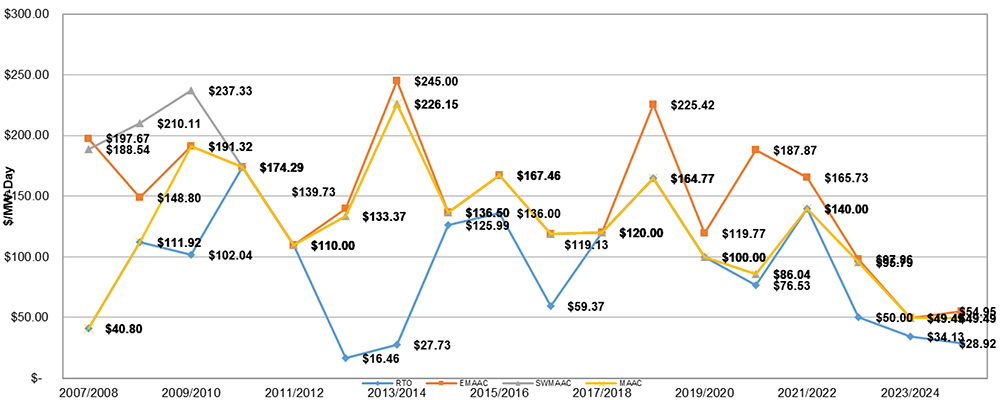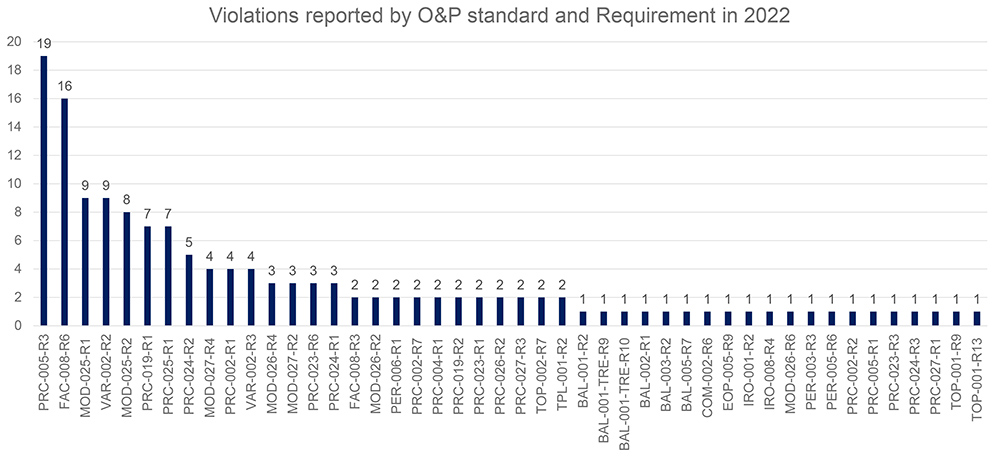“Permitting reform” might be a legislative goal for some on both sides of the aisle in Congress this session, but the two parties are far apart on what that means, as evidenced by two hearings held by the House Natural Resources Committee on Tuesday.
The full committee held a hearing on the BUILDER Act, which would change the National Environmental Policy Act by requiring enhanced coordination among federal agencies, creating predictable timelines for project reviews and limiting litigation to lawsuits brought by parties involved in the agency review process. (See NRECA Endorses 2-Year Limit on NEPA Reviews.)
Earlier in the day, the committee’s Energy and Mineral Resources Subcommittee held a hearing on a pair of bills: the Transparency and Production of American Energy Act and the Permitting for Mining Needs Act of 2023. The first bill is focused on increasing leases for oil, gas and geothermal on federal lands, while the second would make similar changes for mining specifically.
Most people do not know the issues around permitting infrastructure and have never heard of NEPA, committee Chair Bruce Westerman (R-Ark.) said.
“But I do know that every single person in the U.S., regardless of their zip code, has relied on infrastructure, energy or other projects that underwent NEPA reviews,” Westerman said. “And all too often, I know that Americans have faced bureaucratic nightmares and decades-long delays in attempts to build roads and bridges in their communities, or access critical mineral resources.”
Without changes to NEPA, Westerman questioned how any of Democrats’ clean energy goals could be met.
Ranking Member Raúl Grijalva said the afternoon hearing was giving him a case of déjà vu, as his Republican colleagues had spent a previous hearing blaming all of the delays experienced by the oil industry on NEPA and the morning hearing had featured another two bills that he said would gut the law.
“Now we’re here again with yet another bill taking aim at NEPA,” Grijalva said. “And what is best for the public interest is secondary, if that. And, as I have in our other hearings, I feel obligated to point out how irresponsible it is to cut environmental review while we’re in the midst of the greatest environmental crisis of our time.”
Rep. Garret Graves (R-La.), who introduced the BUILDER Act, said he had met with Special Presidential Envoy for Climate John Kerry and Brian Deese, who recently stepped down as director of the National Economic Council. Both of them endorsed permitting reform to ensure that the billions of dollars set aside for clean energy in recent legislation actually leads to projects, he said.
Dairyland Power Cooperative is trying to build a couple of projects that it said would lead to cleaner electricity for its Wisconsin customers, but have been caught up in permitting-related delays for years, said its vice president of strategic growth, John Carr.
One is the Nemadji Trail Energy Center, a new gas plant that would replace coal and less efficient gas in the dispatch stack while helping to balance renewable power. Its permitting review process was done in 2021, but external groups asked the U.S. Rural Utilities Service to review its impact on climate change, and now Dairyland has been waiting more than five years for a final permit.
“Meanwhile, reliability concerns in the Midwest have led to postponement of previously announced coal plant retirements by other utilities in the region,” Carr said.
The other project is the Cardinal-Hickory Creek transmission line, which would bring wind power from Iowa to Wisconsin’s major cities.
“There are currently over 100 renewable energy projects depending on the construction of this line,” Carr said. “In this case, while the NEPA review was completed in a timely manner, delays due to litigation have increased the cost of the project.”
Port Arthur Community Action Network Founder and President John Beard, former mayor of the Texas city, had worked in a refinery for decades in a region that has been home to heavy industry for more than a century. The city has a poverty rate of 30% and more $80 billion of industrial development going on in an area that is already home to numerous heavy industry sites.
EPA has called Port Arthur an environmental justice “showcase community” because its residents have cancer at twice the national and state average, as well as higher rates of heart, lung and kidney diseases, Beard said. The main reason so many heavily polluting sites have been built there is it is the path of least resistance, as Port Arthur’s residents lack the resources of wealthier communities to challenge such developments, Beard said.
“So, when you talk to me about restricting access to the legal system, which is a foundation of our country, then you’re telling me exactly that you are not going to give their voice to be heard,” Beard said.
FERC oversees some of the infrastructure in Port Arthur, notably LNG export terminals, and Beard recalled a commissioner highlighting how such projects were often delayed.
“The permits were not held up because of government inefficiency, but because the permits were incomplete,” he added.
The Inflation Reduction Act included $1 billion to increase agency staff and resources to process permits more efficiently, several Democrats said, including Rep. Debbie Dingell (D-Mich.). She is open to more changes to permitting laws, but not at the expense of gutting environmental protection.
“I know we got to modernize our laws, but we’ve got to do it in a way that protects original intent, but also makes it better,” Dingell said. “These don’t. And I’m serious about working with you on real legislation that would do that. Unfortunately, I don’t think these are serious proposals.”
 The Horse Heaven Clean Energy Center will generate up to 1,150 MW from solar panels and 224 wind turbines. | Scout Clean Energy
The Horse Heaven Clean Energy Center will generate up to 1,150 MW from solar panels and 224 wind turbines. | Scout Clean Energy



